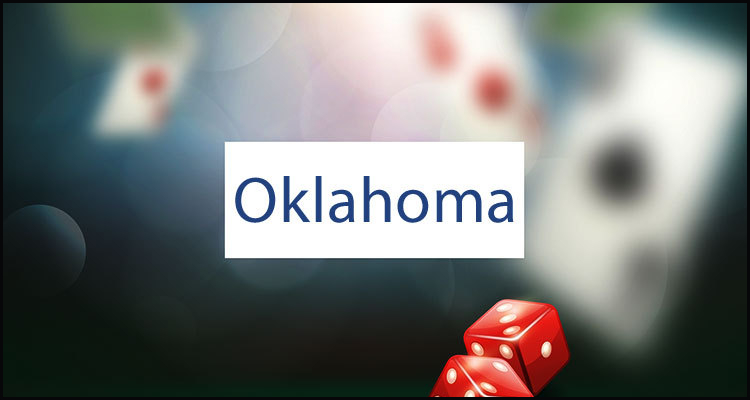Oklahoma Attorney General, Mike Hunter, reportedly began meeting with representatives from some of the state’s 35 casino-operating tribes on Monday in hopes of being able to find a solution to the dispute concerning the tax rates contained within their gaming compacts.
Constructive consultation:
According to a Monday report from The Washington Post newspaper, Hunter described the two-hour meeting held at the Grand Casino Hotel Resort as ‘positive and constructive’ but refused to offer any specific details concerning the current state of the impasse. The 63-year-old Republican purportedly explained that the closed-door gathering had also given him an opportunity to better explain the state’s position in hopes of being able to find a workable way around the current conflict.
Hunter reportedly told The Washington Post…
“The way forward is to come up with a process that resolves the dispute, getting that resolved, getting it in a trajectory where it is no longer a barrier to looking at ways to modify the compact in a way that benefits the tribes and the state mutually and cooperatively.”
Gambling glut:
Oklahoma is reportedly home to approximately 130 tribal gambling establishments operated under 15-year gaming compacts that are due to expire in January. These enterprises purportedly range in size from a few machines placed inside small gas station annexes to large resort-style casino hotels such as the Downstream Casino Resort located near the state’s borders with neighboring Missouri and Kansas.
Compact conflict:
But, this over-abundance has not led to a tax windfall as ‘The  Sooner State’ managed to collect only about $139 million in exclusivity fees last year, which are a feature of the compacts and forbid Oklahoma from legalizing non-tribal gaming in exchange for receiving between 4% and 10% of an aboriginal venue’s gambling revenues. This situation reportedly led the state’s newly-elected Governor, Kevin Stitt, to proclaim in July that he would like to renegotiate these tribal deals complete with a higher range of levies.
Sooner State’ managed to collect only about $139 million in exclusivity fees last year, which are a feature of the compacts and forbid Oklahoma from legalizing non-tribal gaming in exchange for receiving between 4% and 10% of an aboriginal venue’s gambling revenues. This situation reportedly led the state’s newly-elected Governor, Kevin Stitt, to proclaim in July that he would like to renegotiate these tribal deals complete with a higher range of levies.
Shared subsidy:
However, the source reported that this suggestion immediately angered the tribes, who contend that they use a significant portion of their gaming profits to fund a range of transportation, education and health care projects for the benefit of the entire state’s population.
Extra evaluation:
Matthew Morgan, Chairman for the Oklahoma Indian Gaming Association, reportedly told the newspaper that tribal leaders are now due to assess what was learned via the meeting with Hunter although there remained a ‘major dispute’ concerning the language contained within the suggested renewals.
Morgan said…
“Nothing is more important to the tribes than resolving the automatic renewal and we are committed to continued dialogue.”



